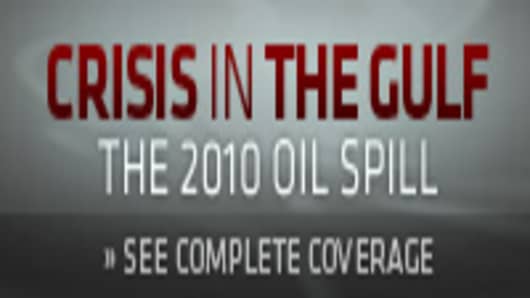Algae is one of these, and it’s a great choice. While today’s fossil fuels all came from ancient algae blooms, today’s biotechnology breakthroughs have given us a way to speed up that process, producing oil from sunlight and CO2. The marriage of biotechnology, agriculture, and oil refining technology results in a process that can give us fuels, exactly like the ones we use today, with no quality tradeoffs, and at a competitive cost.
This process, which grows algae in paddies (like rice) and processes the resulting oil in today’s refineries, is in development today. It is such a compelling energy solution that it convinced me to leave my career in "big oil" to devote myself fully to making “green crude” a reality.
Ideas like oil from algae, and many others, hold great promise for us as a clean and sustainable energy solution. Given the size of our energy system, we need many of these ideas to work. Getting them to work takes ingenuity, focused attention, and funding. In order to test such ideas to energy scale, it takes millions of dollars in development funds.
Federal policy-makers can help here, by focusing much more attention on the development of alternative liquid transportation fuels as our highest domestic need. Lawmakers have an enormous opportunity at this moment in history to establish federal policies to build a renewable, scalable liquid transportation fuel economy.
Whether it is green crude from algae, or another renewable source, to reach a solution we must incentivize collaboration as farmers, biotechnologists, entrepreneurs, and lawmakers to bring to reality the new ways of meeting America’s energy needs. We must invest in green technologythat directly addresses our liquid transportation needs, does not negatively impact other critical resources like food and water, and fits within our existing multi-trillion dollar infrastructure. We must come together and make change happen.




